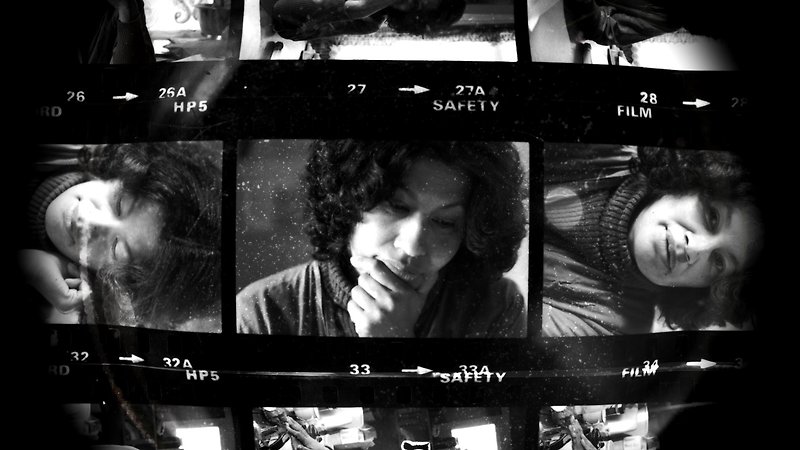Merata Mita, pioneering Māori filmmaker and international champion of women in indigenous film, is celebrated by her youngest son, archivist Heperi Mita, collaborating with his siblings to deliver a richly personal portrait.

The revolution isn’t just running out with a gun. If a film I make causes indigenous people to feel stronger about themselves, then I’m achieving something worthwhile for the revolution.
Screened as part of NZIFF 2018
Merata: How Mum Decolonised the Screen 2018
By the time the pioneering indigenous filmmaker and activist Merata Mita died suddenly in 2010, she had packed an extraordinary amount of action into her 68 years. If her youngest son Heperi Mita became a film archivist and a filmmaker in order to discover the stories she did not live to tell him, then we in Aotearoa have something new to thank her for. His first film is a remarkable accomplishment, a compelling Great Woman portrait that speaks intimately from personal experience.
He has an abundant archive of film and TV appearances to draw on, beginning with his mother’s mesmerising testimony as a Māori woman bringing up children alone in the 1977 TV documentary Māori Women in a Pākehā World. By 1979 she was making landmark documentaries herself, most notably Bastion Point: Day 507 (1980) and Patu! (1983) which rattled Kiwi complacency by so clearly identifying the violation of Māori rights – the latter film explicitly tying New Zealand’s record to apartheid in South Africa. In 1988 her film Mauri, deftly quoted in this one, was the first feature written and directed by a Māori woman.
Heperi is the first to acknowledge that he grew up in the best of times, when Merata and his father Geoff Murphy lived in Los Angeles and Hawaii. He turns to his older siblings to learn about earlier days when living was often hand-to-mouth and police raided the house in search of Patu! footage. They are a loving whānau whose testimony reverberates with the conviction that their mother’s fierce maternal instinct was integral to her work as a fighter, mover, shaker, mentor and artist of abiding international significance.